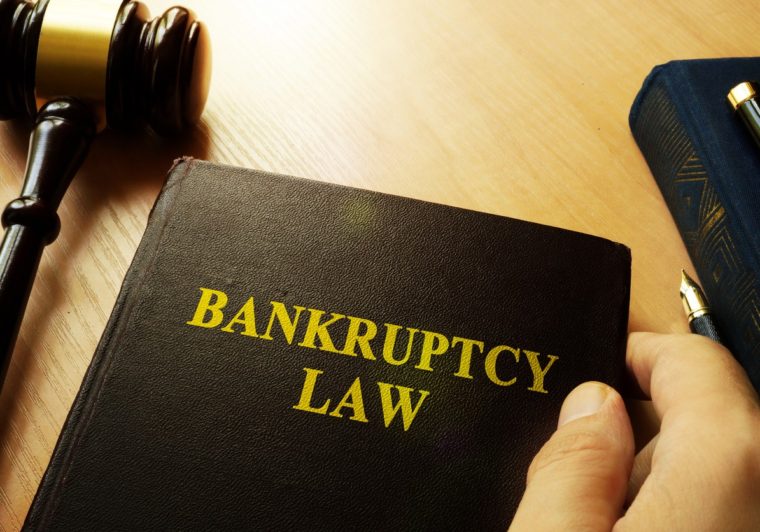
Declaring business bankruptcy can be an overwhelming and stressful experience – not to mention all the worry you may have for the damage it can do to your reputation or the remainder of the company’s. When considering taking this big step for your business, there are important things to do, but also many important things not to do.
These include hiding assets or lying on applications, taking property from your business, making preference payments, and borrowing money you can’t repay after the fact. You never want to risk having the bankruptcy fall through or receiving fraud charges just because you panicked.
So what should you avoid? Here’s a deeper look into the “don’ts” when considering filing for bankruptcy for your business.
Perhaps this should go without saying, but always be honest; especially when it comes to your business, and especially during a business bankruptcy.
Don’t be tempted to sell the property or transfer ownership of assets during this process. Creditors’ trustees and lawyers are familiar with these tactics and can usually figure them out. These parties may end up taking back any assets you sold or transferred at the last minute, causing even more conflict. Or you could even be charged with a fraud offense in these circumstances.
Similarly, avoid false representations of your assets or property value on loan applications. If you lie about the debt you already have, this can also lead to fraud charges. And if your business declares bankruptcy, the fraudulent debt may not be discharged by the bankruptcy court, since it was distributed based on false information.
Once your business enters insolvency, all company assets no longer belong to you. They belong to the creditors that you can’t pay back. So, if you try to take any property from the business at this stage, it is considered theft. You no longer own those assets. This can lead to criminal charges or sometimes your bankruptcy case could be dismissed.
Remember that if you are in this stage, you have to turn over everything.
Preference payments are payments you make to certain creditors, but not others, in the year leading up to your bankruptcy. Some business owners may see this as a good idea so that they don’t have as many creditors to pay back when going bankrupt.
However, this is a bad idea, and it may catch up with you later. Creditor trustees will look at this behavior and will be able to see if you made these kinds of preference payments. They will figure out that those funds should have been divided equally among creditors, not paid to one. They could then take those payments back, even if the payments were too personal contacts, and split the funds between all creditors.
The year rule applies to “insider creditors,” including business associates or friends or family members. However, you can make one unsecured creditor payment if the creditor is not a relative or associate, but trustees will look back 90 days on those regular creditor payments. So, make sure the transactions are not happing during that lead-up period.
Another thing to keep in mind is that if you give yourself bonus payments, or back pay yourself, these transactions could be considered preference payments and may get you into trouble with trustees as well. Doing this may even lead to fraud charges.
Many business owners may be tempted to ask friends or family members for money to try to save their business before declaring bankruptcy. The problem with doing so may not be evident right away; you may be thinking that these transactions aren’t as easily tracked since they’re personal. However, if you do go bankrupt, you likely won’t be able to repay that money.
This is because this type of loan, from a relative or personal connection, could be considered a “gift” by the court, not a debt. And the person you borrowed from would thus not be considered a creditor. None of the business assets from the bankruptcy would be used to pay back that debt.
When considering a business bankruptcy, avoid the above last-ditch efforts, even if you’re feeling desperate. Making sure you follow all necessary and legally-required steps will make the process smoother and will help you avoid fraud charges or a dismissal of the bankruptcy case in court.
At Padula Bennardo Levine, LLP, our experienced Boca Raton attorneys can help you navigate the complex legal requirements when considering insolvency for your business. Get in touch with us today to learn more about your rights and obligations.